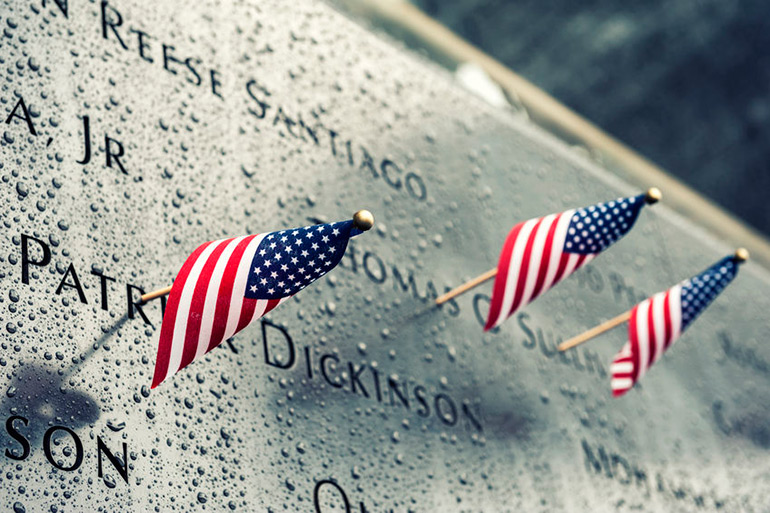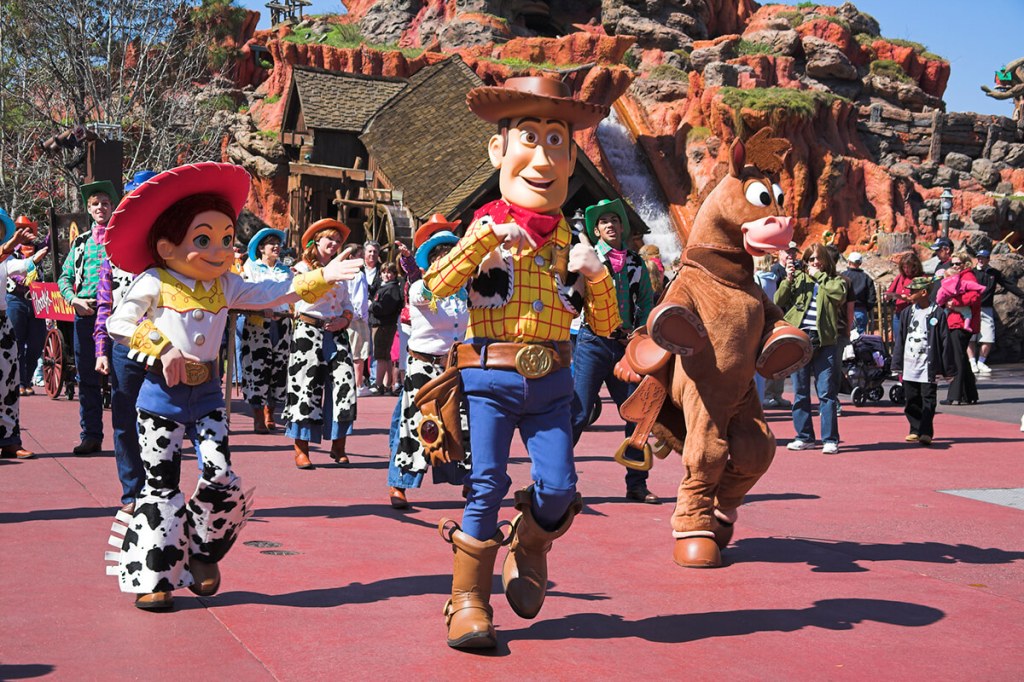What 9/11 Can Teach Us About National Unity Today

I’ve never felt particularly comfortable writing about September 11, 2001. It was a powerful, devastating and difficult day that remains fresh in my mind and, I’m sure, the mind of anyone who was old enough to experience the overwhelming feeling that our country wasn’t as safe and secure as we had naively believed.
Seeing those planes hit the Twin Towers over and over on cable news, and then watching live as the buildings collapsed into piles of rubble and dust was shocking, painful and unforgettable.
What followed in the aftermath brought forth the best of American unity, charity and love, while at the same time sending us hurdling as a people toward a climate of fear mongering, gross exploitation of an unimaginable tragedy and a peeling away of certain rights we hold most dear.
And so it is, 17 years hence, that I find myself struggling to write honestly about this dark memory and the beautiful patriotism—the true patriotism—that followed, without also risking any misunderstanding or perceived disrespect for the 2,977 victims (I refuse to include the 19 hijackers in this number) and their families, or the thousands of brave warriors who were sent to war—2,372 dying in Afghanistan and 4,424 in Iraq—as a result.
It’s hard delving into all of this without turning to clichés, writing of “the tragic events of September 11, 2001,” or the evil people who “perpetrated these cowardly acts of terror” and “attacked our very freedom,” even if many hold true. Such platitudes somehow recall the therapeutic period of flag waving and unabashed American pride that eventually eroded into something else.
At some point, American flags and patriotic sentiment seemed to represent something different than love of country. It became a sort of cheap marketing instead of the revered symbols of our national pride and our most valued freedoms.
Many Americans were coming together and donating millions to help families of the dead at that time, but some gave in to their worst instincts, making a buck off the pain of others. It didn’t take long before commemorative T-shirts, hats and other memorabilia popped up for sale around Ground Zero, well before the last chunks of twisted metal and human remains were removed from that gaping hole in our city. And the souvenir sellers were there because people were buying.

Years later, the National September 11 Memorial Museum took these flimflam operations legit with an on-site gift shop, offering misguided items such as a cheese platter in the shape of the United States with hearts marking each of the three 9/11 crash sites (it was astutely pulled from shelves). Today eBay is full of 9/11 items, including commemorative coins; cards with pieces of steel from Ground Zero; newspapers from September 12, 2001; dinnerware from Windows on the World and much more.
To be fair, somewhere I have papers that blew out of the World Trade Center after the explosion, which my brother in-law recovered at a nearby construction site. They still held the sickening smell that permeated downtown Manhattan in the days and even weeks that followed. I guess I wanted some sort of relic from such a historic time, like those who kept chunks of the Berlin Wall after it fell in 1989. But is that any better than buying a “Never Forget” T-shirt, just steps away from the site of death and destruction we’re supposed to remember?
The shock of the 9/11 attacks led Americans to accept a new paradigm of more limited privacy via the Patriot Act. It led many of us to run our young men and women gladly into two wars. It led to questioning someone’s love of country for not wearing a flag pin. It led to marked fear of Muslims and immigrants. It led to suburban housewives taping plastic over basement windows. It led me to buy an assault rifle, just in case. It led to a new world order of sorts. It led, if indirectly, to the America of today.
But, as I said earlier, 9/11 also showed us how we could come together as a people. It showed us how to support one another and lend help to those who were suffering most—the widowed, the motherless, fatherless and childless.
It seems now, more than ever, we could look back and learn from one of our greatest sources of pain. We could push aside the awful—the plane crash cheese plates and ignorant hate—and remember we are one country and one people.
As Abraham Lincoln said in his first inaugural address, a month before the American Civil War, on March 4, 1861, “We are not enemies, but friends. We must not be enemies. Though passion may have strained, it must not break our bonds of affection. The mystic chords of memory will swell when again touched, as surely they will be, by the better angels of our nature.”
His words were ignored, and the conflict that began some five weeks later resulted in the deaths of 620,000 Americans, fighting against one another for more than four years. In time, with wounds and horrific memories still fresh, we reunited and forged ahead. But more than a century has passed and we’ve forgotten again.
Couldn’t we look to 9/11 and our better angels and remember how to be one nation and one people who may not agree on everything? Could we, at the very least, share a love of country and of each other?




